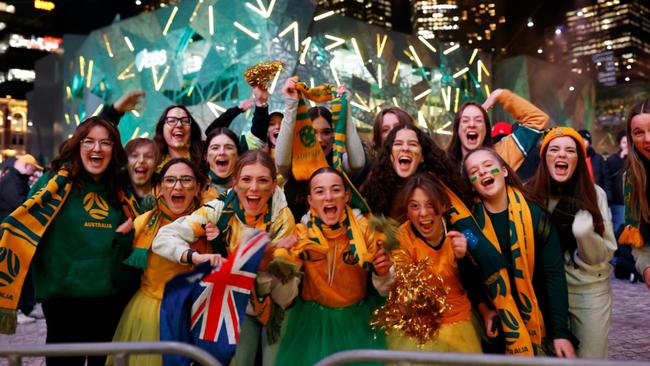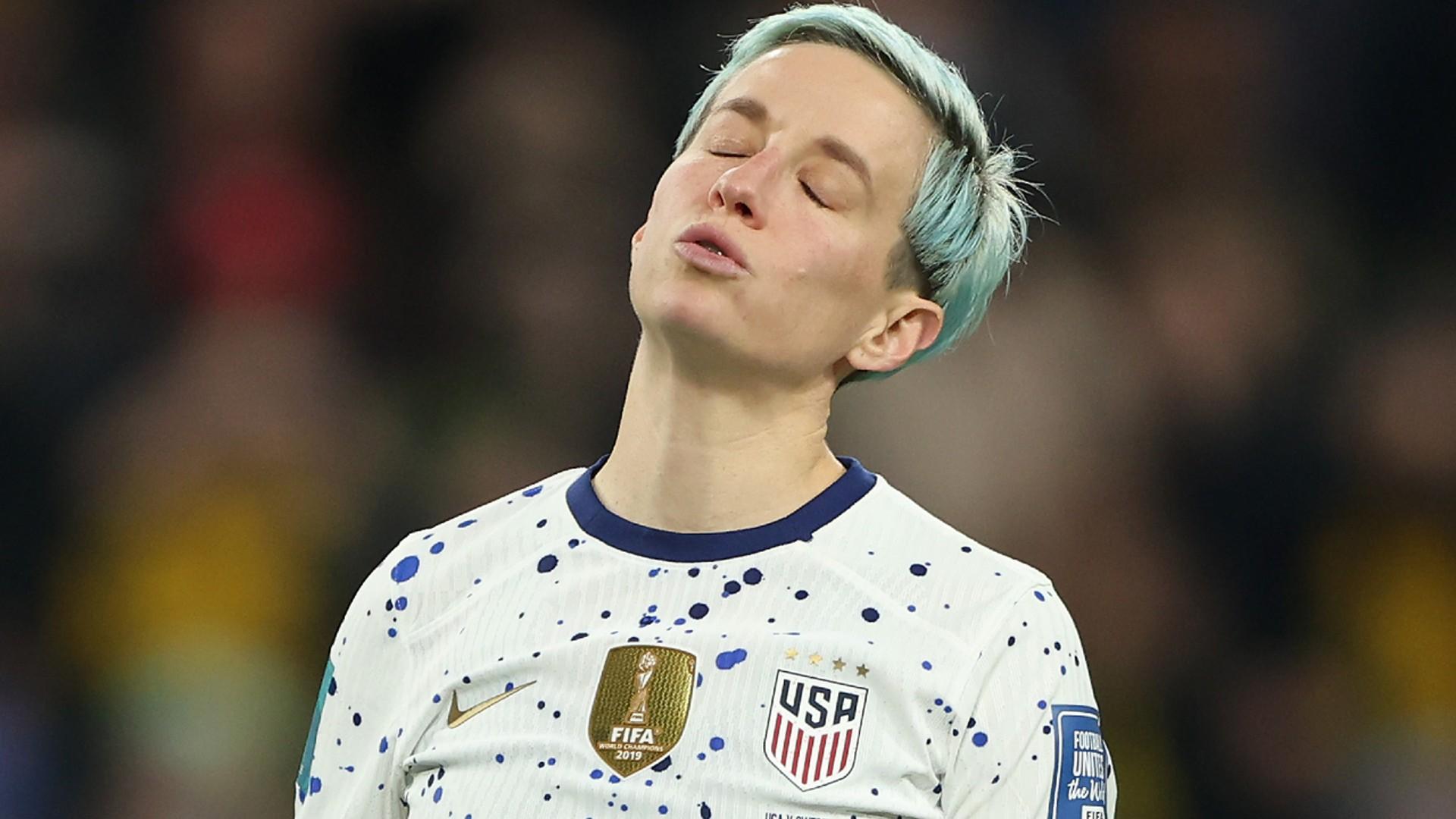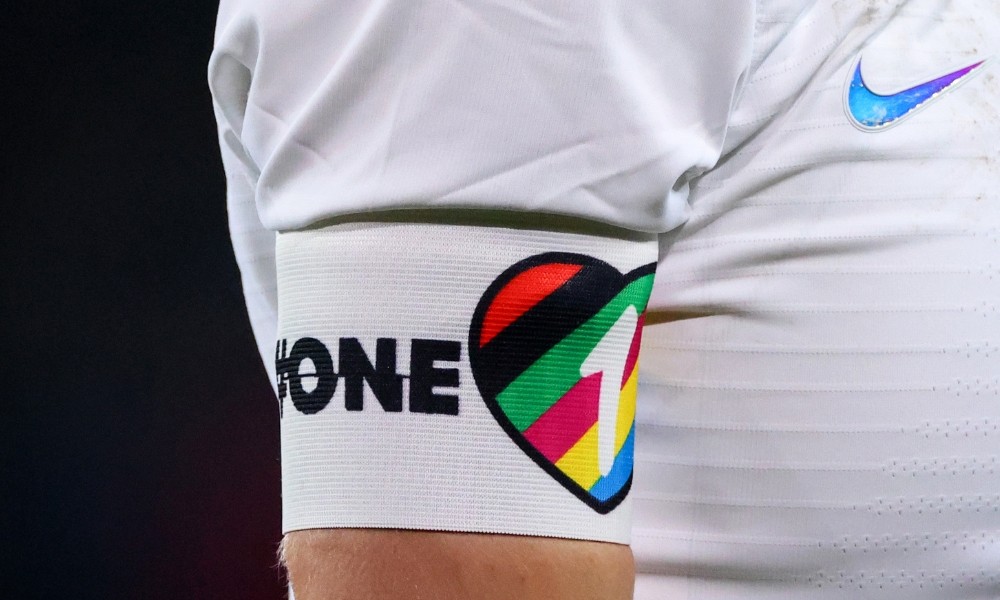In a year marked by controversies and headlines dominated by disgraced figures like Luis Rubiales and Joey Barton, women’s football, and those involved in it, found solace and success on the grandest stage of all – the Women’s World Cup. While off-field challenges persist, the tournament provided an inspiring display of talent, passion, and record-breaking achievements.
The Good: Record-Breaking Success and Global Admiration
Despite the shadow cast by certain individuals, the Women’s World Cup stood tall as a beacon of success. The final between England and Spain recorded a peak audience of 12 million on BBC One, accompanied by millions more on iPlayer and the BBC Sport website. In Spain, RTVE’s La 1 garnered a staggering 7.38 million viewers, attaining an audience share of 71.1%. China, too, displayed immense interest, with 53.9 million tuning in for their team’s match against England.

Beyond the screens, the in-person attendance numbers were equally impressive. A total of 1,978,274 spectators filled the stadiums across Australia and New Zealand, showcasing the global appeal and impact of women’s football.
The tournament reached new heights in Australia, where the event permeated every aspect of life for over four weeks. Unlike the 2019 edition in France, where women’s football felt like a hidden gem, the host cities in Australia embraced the tournament wholeheartedly. From street vendors to office workers, the entire nation seemed captivated by the football spectacle.
On the field, Spain’s triumphant journey, Australia’s cathartic moments, Morocco’s historic feat, and the emergence of talents like Colombia’s Linda Caicedo highlighted the extraordinary football played during the tournament.
The Bad: Setbacks and Unforeseen Twists
While the Women’s World Cup delivered moments of brilliance, it wasn’t devoid of challenges. Germany, a favorite, faced an unexpected early exit, finishing third in their group and leading to the dismissal of head coach Martina Voss-Tecklenburg.
The USA, known for their dominance, succumbed to a penalty shootout defeat against Sweden in the last 16. The iconic Megan Rapinoe missed a crucial spot-kick, marking the end of her illustrious international career.

Legends of the game, including Canada’s Christine Sinclair and Brazil’s Marta, bid farewell to the World Cup in the group stage, ending their remarkable international journeys.

The Ugly: Off-Field Struggles and Controversies
Off-field challenges marred the Women’s World Cup, reflecting wider issues within the sport. Teams protested against inequalities, unpaid wages, and poor conditions. Players from Canada, Zambia, South Africa, England, Nigeria, and Australia raised their voices, demanding fairness and equal treatment.

FIFA’s decision to prevent teams from wearing the OneLove band in support of the LGBTQ+ community added another layer of controversy. The pre-tournament armband fiasco highlighted the need for more inclusive and supportive measures.
The inappropriate behavior of Luis Rubiales, the then RFEF president, after Spain’s victory against England tarnished the historic achievement. His actions fueled the ongoing battle against the macho culture within the Spanish women’s football setup.
Lessons Learned: Striving for Equality and Inclusivity
As women’s football continues its upward trajectory, the focus shifts to ensuring equal prize money distribution, robust reporting mechanisms, and educational initiatives promoting appropriate behavior within the sport.
The progress of the Women’s World Cup, coupled with the global interest it generated, signals that the development of women’s football is far from reaching its peak. FIFA’s commitment to transparency, fairness, and player empowerment will play a pivotal role in shaping the future of the sport.
As the world awaits the announcement of the hosts for the 2027 Women’s World Cup, the women’s game is poised to achieve greater recognition, inclusivity, and success. The year 2023 may have had its share of challenges, but the resilience and triumphs witnessed on the football field reaffirm the unstoppable rise of women’s football on the world stage.








More Stories
Amorim insists Fernandes not leaving Manchester United amid Madrid reports
How debt burden pushed Nigerian boxer Segun Olanrewaju to a fight that took his life
Nigeria Taekwondo Federation boss, Abdullahi Saidu dies at 53